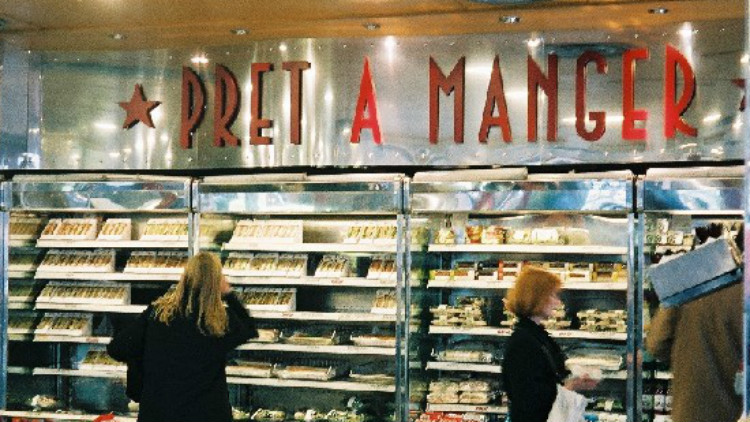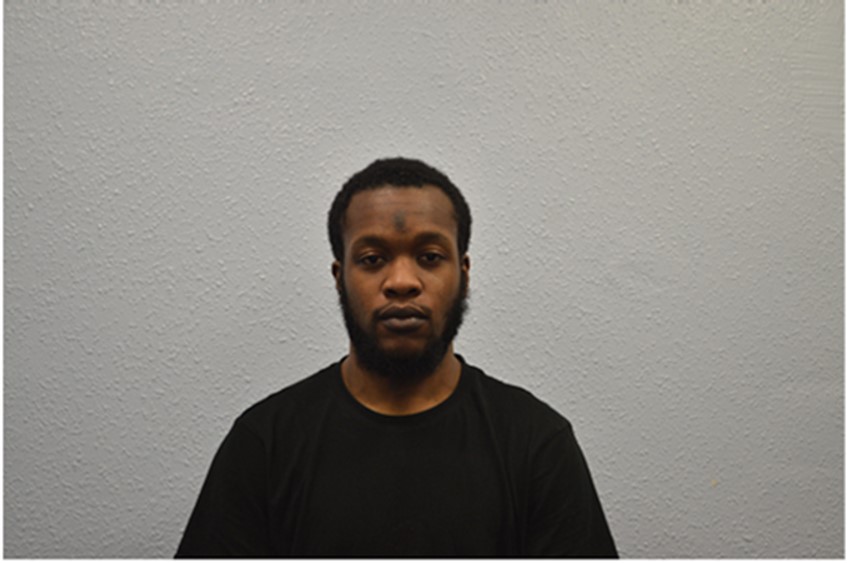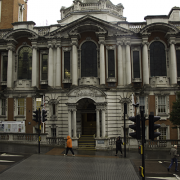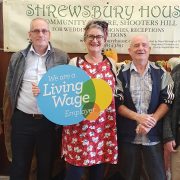A regular transgender customer was reduced to tears after being repeatedly called ‘sir’ in the London Bridge branch of Pret a Manger.
They were met with a blank smile when they asked the barista not to refer to them as ‘sir’. The barista continued to address them with the pronoun and they said they were called ‘sir’ six times.
The victim, an artistic director who wishes to remain anonymous, prefers to be referred to as they or them and took to Twitter to express the distress this incident caused:
“[P]ls organise inclusion training at your London Bridge branch asap. Barista just called me ‘sir’ 6 times in a row despite me asking him not to. I left crying.”
The fact that the victim highlighted the need for inclusion training showed they blamed the corporation for the incident. The artistic director said: “English was not the barista’s first language.”
This is a regular feeling for transgender people as the lack of awareness of cultural change leaves many feeling hopeless and like they get lost in large corporations due to their “complex” nature.
The victim expressed their concern over the regularity of incidents such as this. They blamed the lack of training by companies and said: “Large structures allow this to happen”. As a result of poor training employees were unable to appropriately converse with customers from diverse backgrounds, said the victim.
Pret immediately responded to the artistic director’s tweet: “We’re so sorry to hear that, Jo. Hope you’re okay? Please could you send us a DM so that we can look into this for you?”
The victim confirmed that they got in touch with Pret and were happy with the way the management handled the issue up to now. Pret promised to get back to them with a conclusion from the branch manager.
However, the artistic director still had doubt about Pret’s practice and said this response was only due to their persistence: “Only because I had the energy/will to engage with them tho.”
Many groups such as LGBT Consortium, Trans Media Watch and Gendered Intelligence are working to tackle issues such as this which they argue can be viewed as “hate crimes”. They are urging the public to make themselves aware of “cultural changes” and intervene when possible.
Nick Antjoule, Head of Hate Crime Services at Galop, the LGBT anti-violence charity said:
“Transphobia of this kind is far too common. We have seen a serious escalation in the scale and seriousness of transphobic abuse and violence over the past year or so.”
Galops most recent hate crime report shows that four in five LGBT people experience hate crime yet only a quarter of them report their experiences. This is because victims do not believe justice professionals have adequate training on how to deal with LGBT issues.
Antijoule said: “If you see someone facing prejudice, we encourage you to stand up against it. We have a professional and confidential trans safety casework service for people facing transphobic abuse. You can find out more at www.galop.org.uk.”




